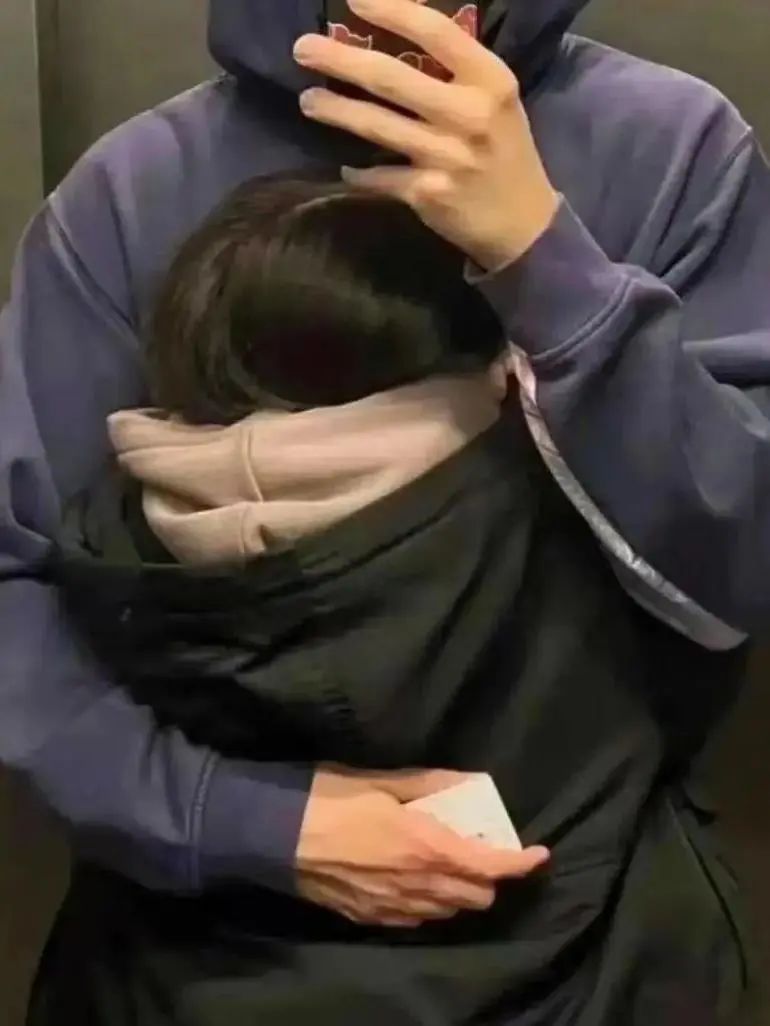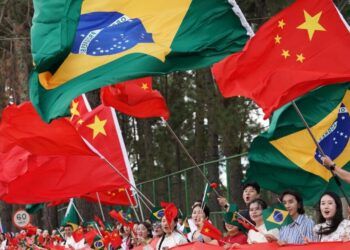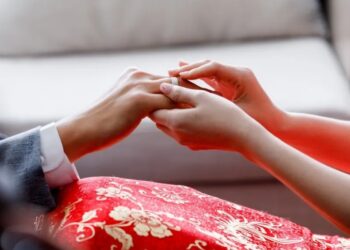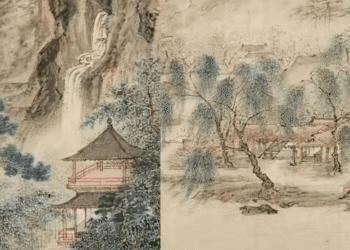
In a rapidly evolving social landscape, a quirky yet meaningful trend has taken hold in China—young women are now paying for brief, therapeutic hugs from muscular yet gentle male companions known as “man mums.” These five-minute embraces, priced around 50 yuan (roughly Rs 600), provide a quick yet powerful form of emotional comfort in an increasingly fast-paced society.
The term “man mums,” which originally described fit gym enthusiasts, has been redefined on Chinese social media to refer to men who possess not only physical strength but also nurturing, patient, and traditionally feminine qualities, as reported by the South China Morning Post (SCMP).
The trend gained widespread attention after a stressed university student shared her experience online, expressing a desire to pay for a comforting hug from a kind, athletic “man mum” to cope with the pressures of academic stress. “I was hugged once in high school and it made me feel safe. Why not just hug for five minutes at an underground station?” she wrote. Her post quickly went viral, sparking a wave of similar requests from women across major cities.
According to SCMP, most of these paid hugs occur in public spaces like subway stations and busy shopping centers, with prices typically ranging from 20 to 50 yuan. One woman recalled finding a “man mum” after three grueling hours of overtime, sharing a three-minute hug while venting about her boss. Another, surnamed Chen, found solace in a postgraduate student’s embrace after a disappointing weight-loss struggle.
Interestingly, the trend isn’t only beneficial for the women receiving hugs. Some male providers have also spoken about the positive impact on their own well-being. One man, who has given three hugs so far, mentioned that it gives him a “sense of self-worth.” Zhou, another provider, believes his service genuinely helps clients dealing with body image anxiety or work stress. By April, he had administered 34 hugs, earning 1,758 yuan, though he clarified that he doesn’t see hugging as a long-term career—charging a fee simply helps maintain professionalism.
While the trend has resonated with many, it has also sparked debate online. Supporters praise the comforting nature of “man mums,” saying they offer a gentler, more reassuring embrace than typical male figures. However, critics express concern, warning against blurring the lines between physical affection and emotional healing, with one user suggesting that volunteering might be a more appropriate way to help others.
This unconventional yet increasingly popular service highlights the growing demand for alternative forms of emotional support in modern Chinese society—proving that sometimes, all it takes is a simple hug to make a difference.






